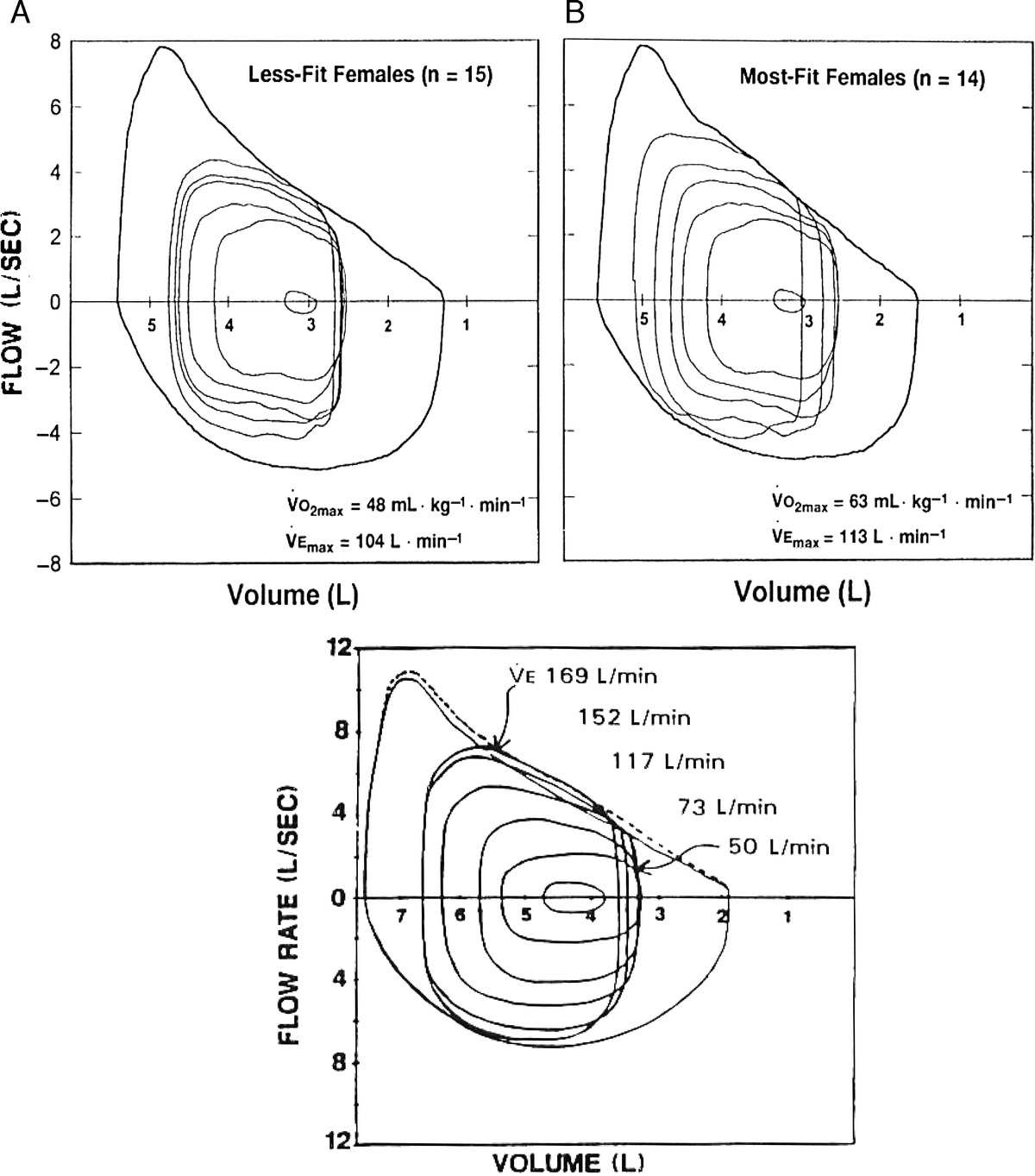I'm going to prefix this response by saying that I'm not a doctor, not a medical professional of any kind, so if you want you can take what I'm saying with a grain of salt, etc...
I'll also say that if anyone here on these forums *does* have some decent medical qualifications and could chime in with a response of some kind, that'd be helpful!
OK, so my understanding of fainting in general would be that, unless it's cardiac-related (i.e. something going on with the heart), the main cause would be due to lowering of blood pressure that leads to a drop in blood flow to the brain.
I'd think just about everyone will experience some form of this at some point in their life - you stand up quickly, and start to feel a little light-headed, etc. The typical cause of this is insufficient vasoconstriction in the legs, and gravity then means more blood ends up down there, and there's a sudden reduction in blood pressure higher up (i.e. head).
Now to your statement about fainting: "
Women are more prone to fainting because they have significantly less blood to store oxygen in their bodies."
For a start, I don't know if that's correct...? I'm referring specifically to the link into the second part - the first part is true: women are, statistically, more prone to fainting - but I doubt blood volume plays (much of?) a role. I should probably take a look at medical references, but I'd suspect that changes in hormones over the month might play a more relevant role?
But I guess your (sister's?) main concern would be whether this could lead to it being easier (for you?) to reach the point of blackout when freediving. Am I right in thinking the fear would be that it could be more dangerous for you when freediving (or for her, if she is considering trying it)?
OK, so assuming that any fainting you might experience isn't related to some cardiac issue, then let me try to put your/her mind at ease...
First of all, I suspect that blackout in freediving is somewhat different from fainting. The former is due to hypoxia (i.e. low oxygen in the blood) rather than a sudden drop in blood pressure that leads to a reduction in blood to the brain. In particular, I'd expect the peripheral vasoconstriction that comes as part of the dive reflex (and which is intended to ensure blood supply to important organs, including the brain) would mean it's more difficult to suffer from the gravitationally-induced blood-pooling (from lack of vasoconstriction) that'd typically lead to fainting.
Secondly, if you're just starting your freedive journey, and you've not previously done breathhold training for some other reason, then it's unlikely you'll be going anywhere near the point of blackout because you shouldn't be pushing near your hypoxic limit. The vast majority of untrained apneists will terminate breathhold due to the discomfort of CO2 build-up well before reaching hypoxia. (If you have a fingertip pulse oximeter that measures spO2 level then you can try this for yourself... Hold your breath and see if you can get it to drop much below the normal level of 95-99% - it's actually quite hard for anyone who's not done lots of breathhold training...)
Furthermore, even if you do blackout, it's not a problem as long as you are with a buddy who knows how to deal with it (i.e. who can get you to open air and breathing again). This is one of the main things taught on a freediving course, so anyone who has done such a course should have some knowledge of this - and if you do have a regular buddy, I'd suggest it's good to re-practice blackout procedure on each other every so often.
Finally, I'd note that the majority of non-freedivers, and even beginner freedivers, make the mistake of thinking that freediving is all abouth breathhold, and that will be the thing that'd limit any freediving they may do. However, in my experience watching & talking with freedivers, the most frequent limiting factor actually tends to be equalisation. (And that can often even be true for experienced freedivers - it's not uncommon to see a world-class freediver 'turn early' during a competition dive
rena monrovia when you transport something by car ... because their equalisation wasn't quite working out.) Consequently, you might be surprised to find that the main reason you stop descending is not because you think can't hold your breath long enough, but rather because you find you've reached a depth where you can no longer equalise well enough.
Hope that helps!






